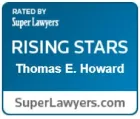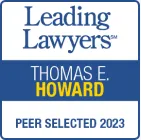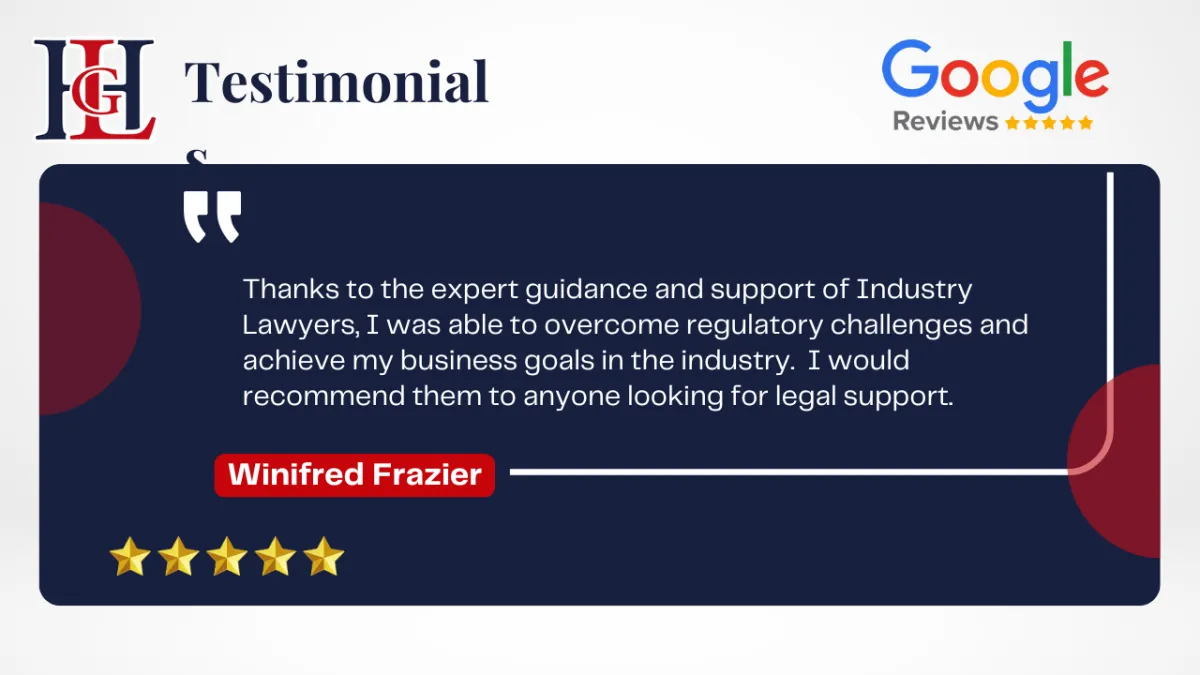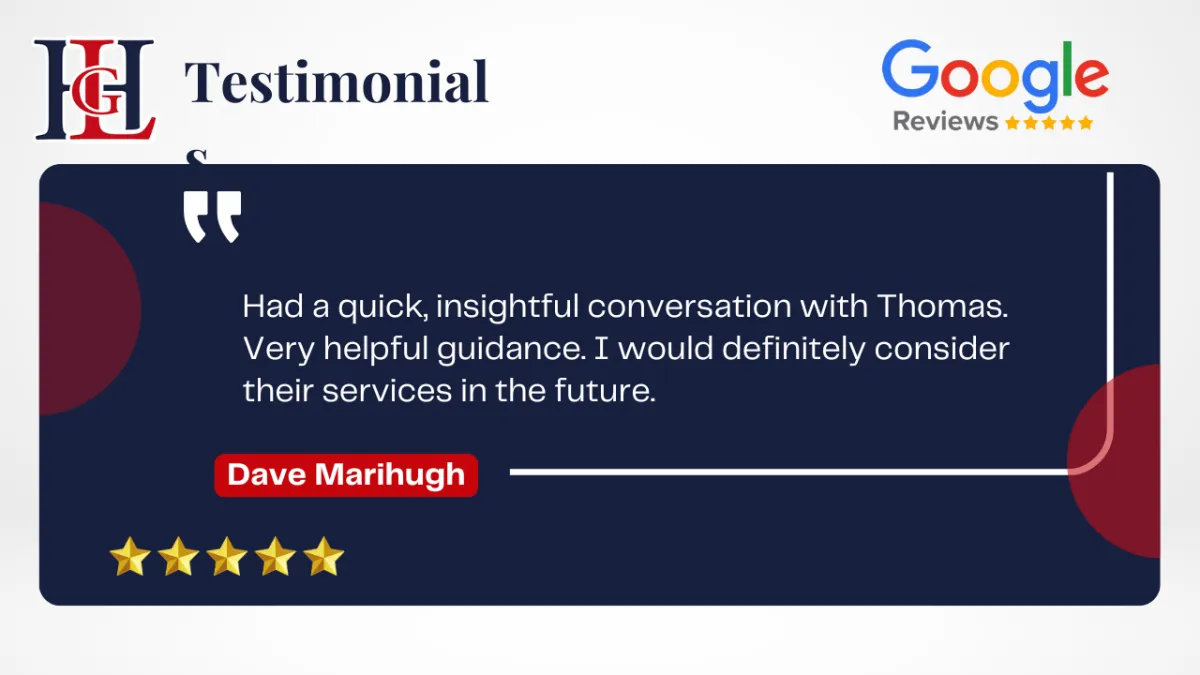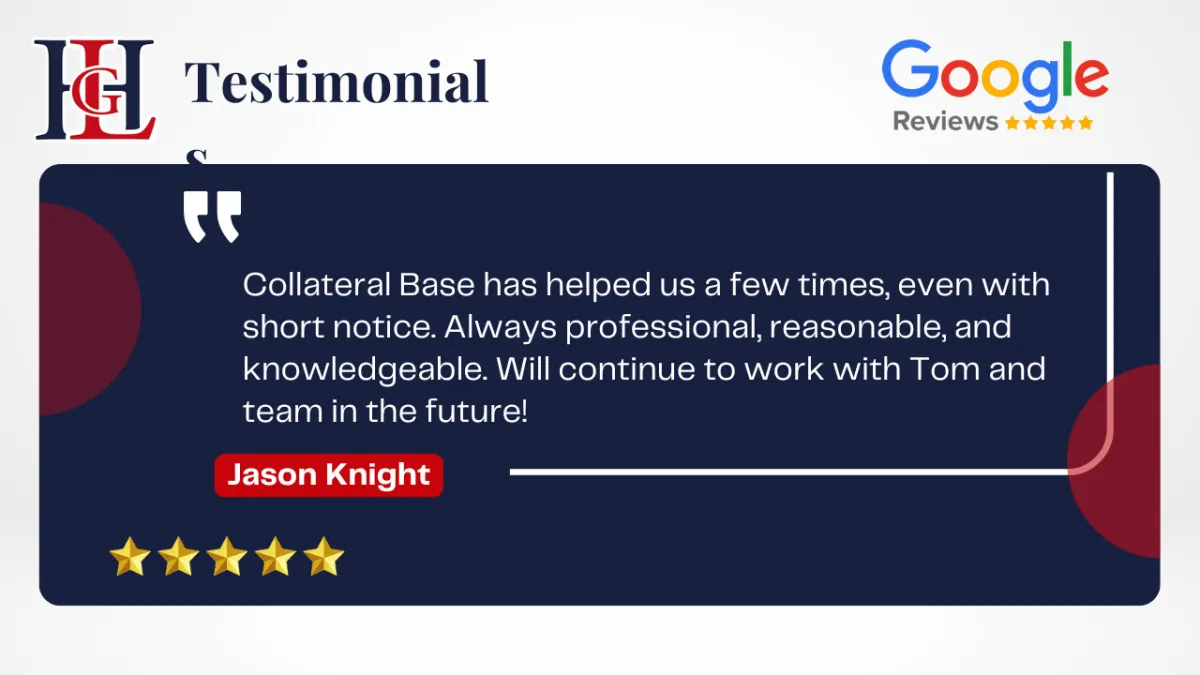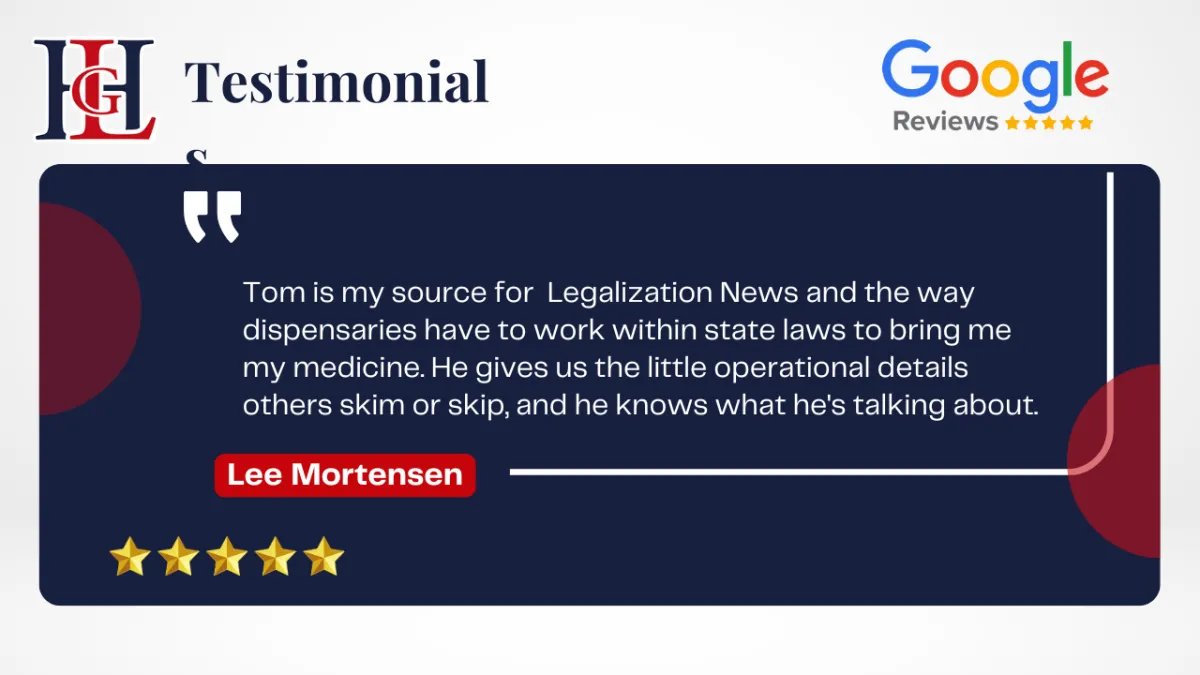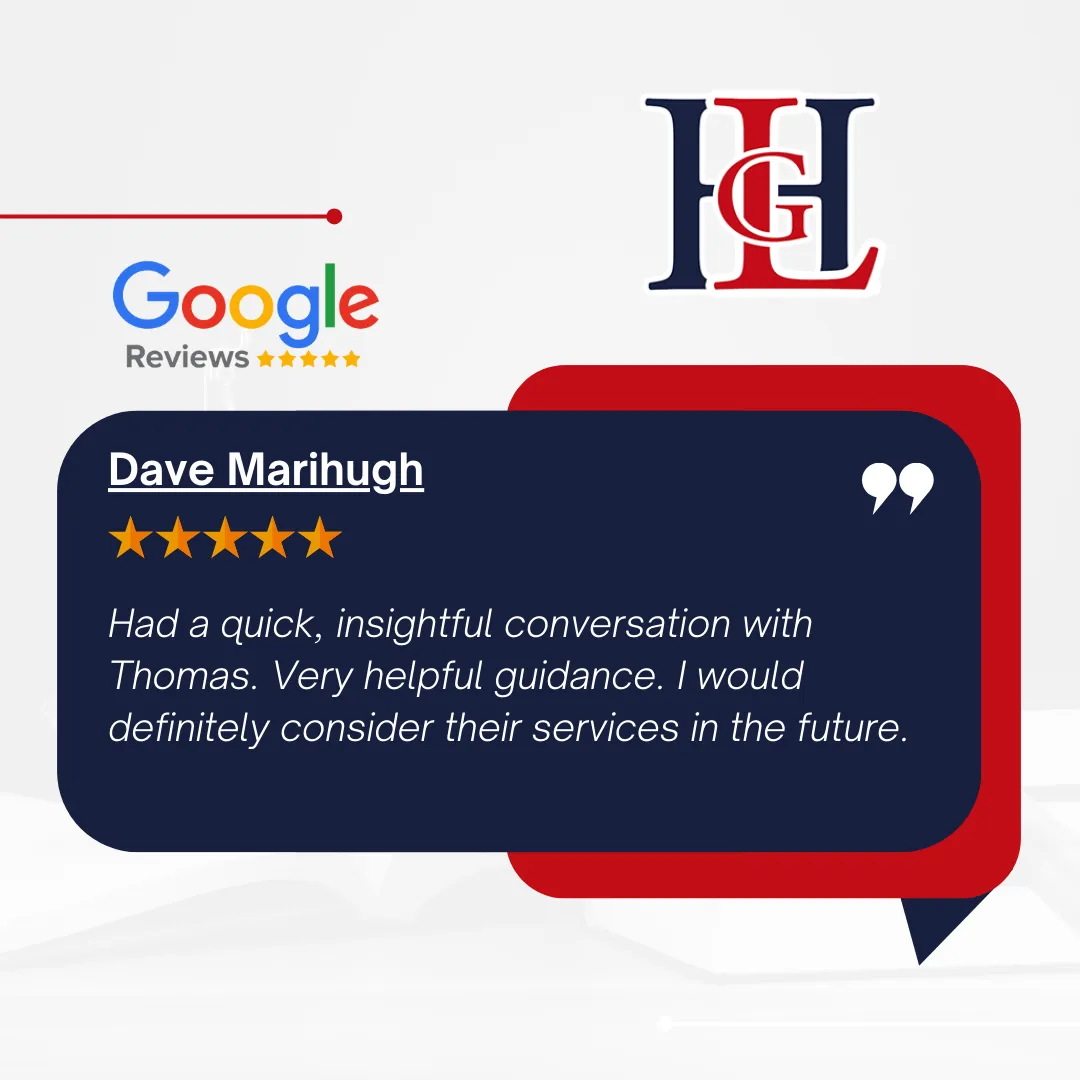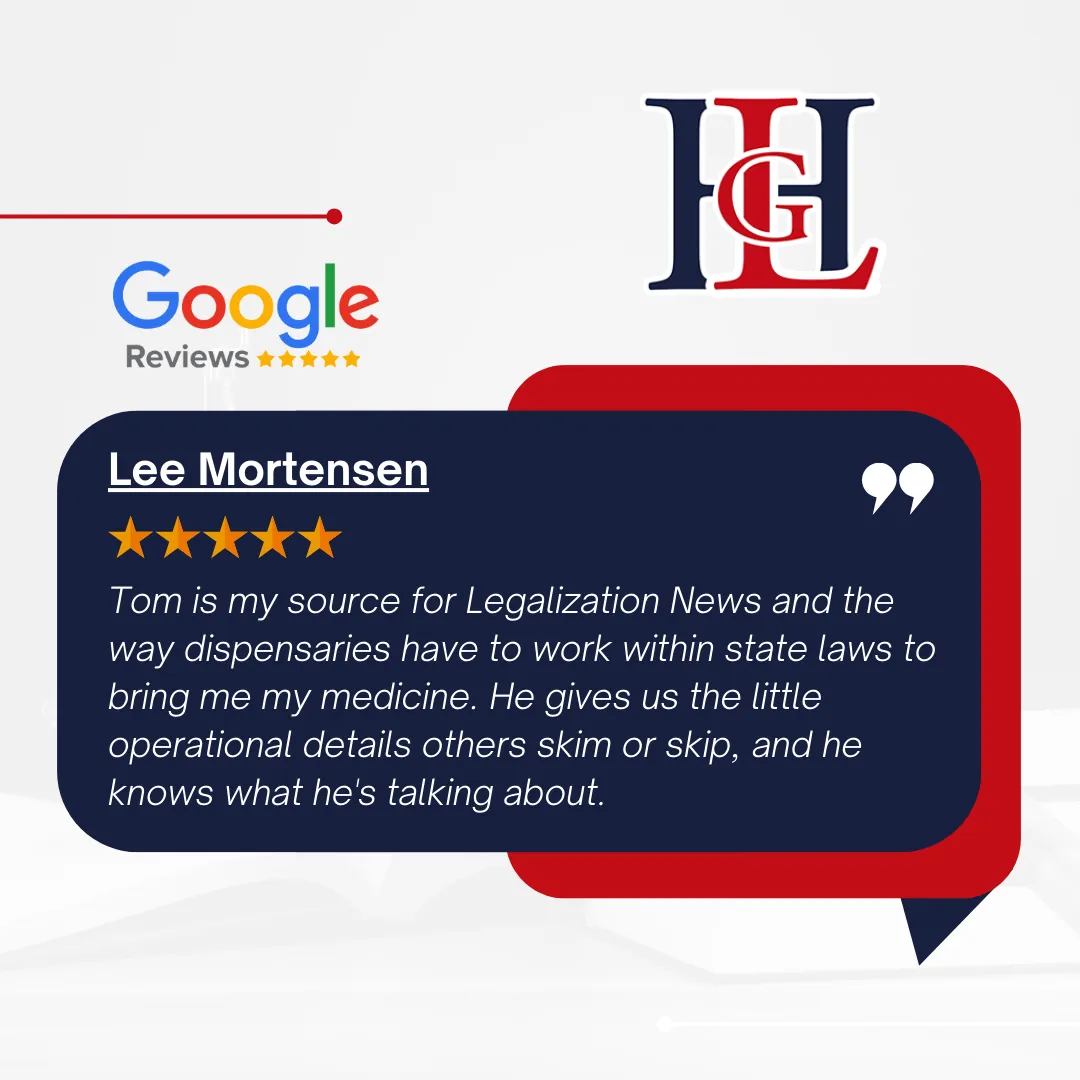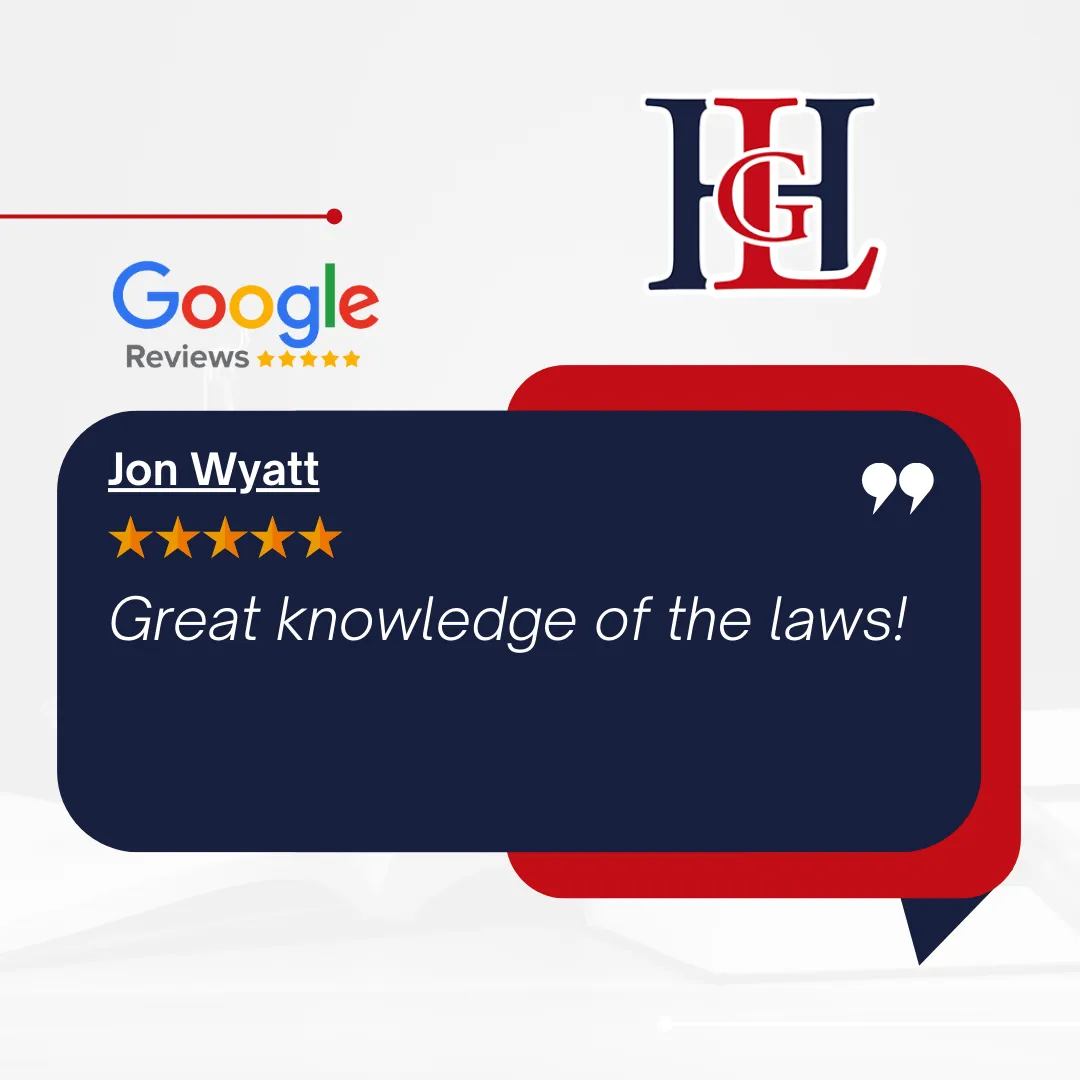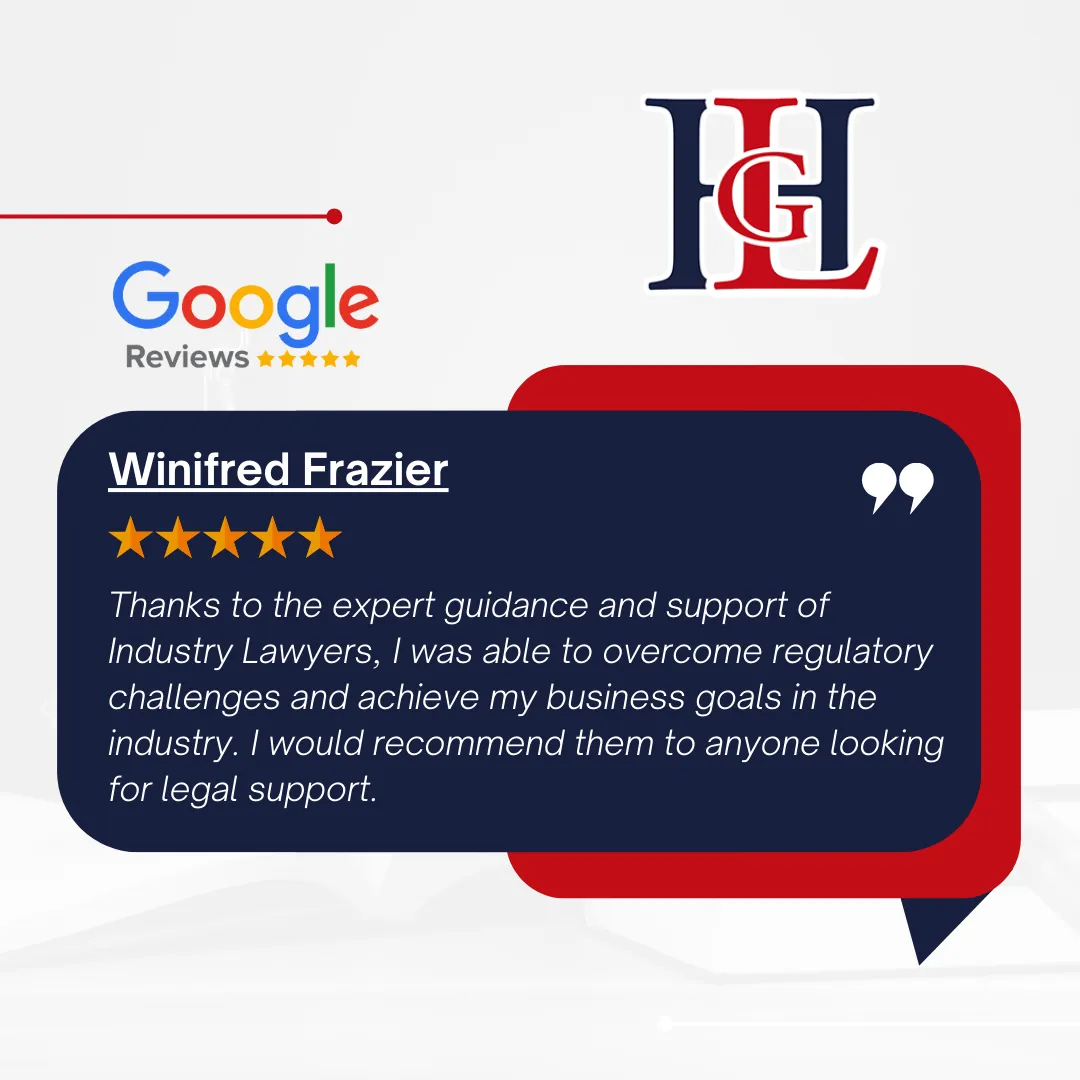Schedule Your Consultation
Registering a trademark involves legally securing these identifiers, granting the owner exclusive rights to use them in connection with their goods or services. Contact us and get in touch with one of our Business Lawyer.
Our Experienced Business Lawyers

Thomas Howard
Managing Attorney
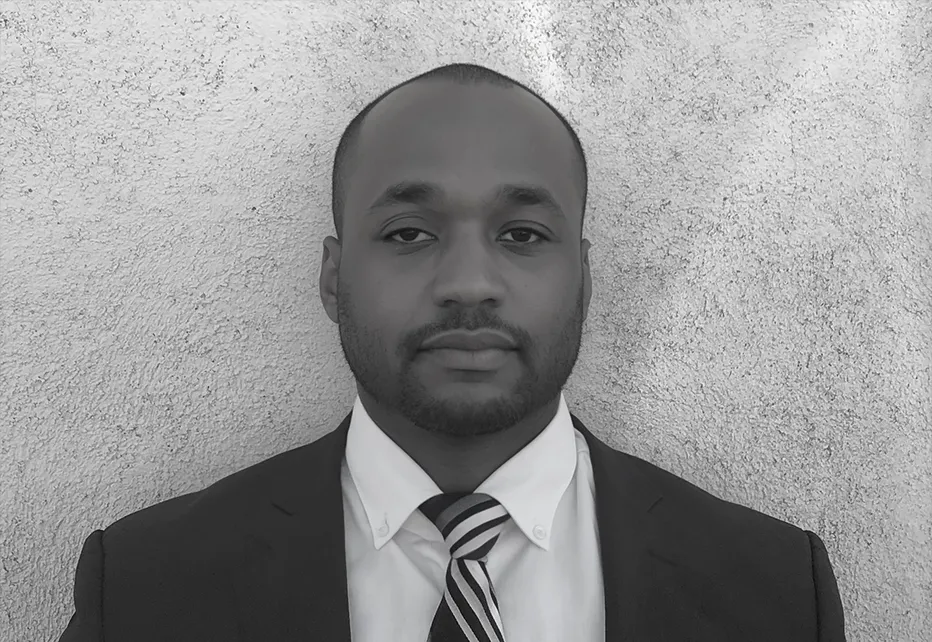
Terron East
Corporate Attorney
Prior results do not guarantee a similar outcome
What others are saying
Introduction to Trademark Registration
In today's competitive business landscape, protecting your brand is more important than ever. One of the most effective ways to safeguard your brand is through trademark registration. This blog post will delve into what trademark registration is, why it's essential, how a lawyer can help you navigate the process, and how trademarks differ from other forms of intellectual property.
What is Trademark Registration?
A trademark is a recognizable sign, design, or expression that identifies products or services from a specific source. Trademarks can include names, logos, slogans, and even sounds or colors. Registering a trademark involves legally securing these identifiers, granting the owner exclusive rights to use them in connection with their goods or services.
What is Intellectual Property (IP)?
Intellectual property refers to creations of the mind, such as inventions, literary and artistic works, designs, symbols, names, and images used in commerce. IP is protected by law, enabling creators and businesses to earn recognition or financial benefit from their innovations.
Types of IP Protections:
Copyright
Trademark
Patent
Trade Secret
Types of Trademarks:
Word Marks
Text-based trademarks, such as brand names or slogans.
Design Marks
Logos or other graphical elements.
Composite Marks
A combination of words and designs.
Service Marks
Trademarks specifically for services rather than goods.
Registration Process:
Trademark Search: Conduct a thorough search to ensure the mark is unique.
Application Preparation: Complete the application with accurate details.
Filing: Submit the application to the relevant authority (e.g., USPTO).
Examination: The application is reviewed, and any issues are addressed.
Publication: The mark is published for opposition.
Approval: If no opposition, the trademark is registered.
Why is Trademark Registration Important?
Exclusive Rights: Trademark registration grants you exclusive rights to use your mark, preventing others from using similar identifiers that could confuse customers. This exclusivity is crucial for maintaining brand integrity.
Brand Protection: A registered trademark provides legal protection, allowing you to take action against unauthorized use or infringement. This protection helps preserve your brand's reputation and market position.
Enhancing Business Value: A registered trademark adds significant value to your business by establishing a recognizable and protected brand. It can also be a valuable asset in marketing, sales, and potential business transactions.
Customer Trust: Customers are more likely to trust and engage with a brand that is legally protected. Trademark registration ensures that consumers can reliably identify your products or services, distinguishing them from competitors.
National and International Protection: Trademark registration offers nationwide protection and can serve as the basis for registering your trademark in other countries, providing a foundation for global brand expansion.
How Can a Lawyer Help You Register Your Trademark?
1. Conducting a Comprehensive Trademark Search: A lawyer can perform an in-depth search to ensure your desired trademark is unique and not already in use or registered, helping you avoid potential legal conflicts.
2. Preparing and Filing the Application: Accurately completing and submitting the trademark application can be complex. A lawyer ensures all details are correct and the application meets legal requirements.
3. Handling Legal Complexities: If any legal issues or complications arise during the application process, such as office actions or oppositions, a lawyer can address these effectively on your behalf.
4. Advising on Trademark Strategy: A lawyer provides guidance on selecting a strong trademark and advises on international registrations if needed, ensuring your brand is well-protected globally.
5. Monitoring and Enforcing Your Trademark: After registration, a lawyer can help monitor the use of your trademark by others and take legal action if there is unauthorized use or infringement, protecting your brand’s integrity.
Understanding the Differences: Copyright vs. Trademark vs. Intellectual Property (IP)
Comparison:
Trademarks: Protect brand identifiers like names, logos, and slogans.
Patents: Protect inventions and innovations, granting exclusive rights to make, use, or sell the invention.
Copyrights: Protect original works of authorship, such as literature, music, and art.
Copyright
What Can Be Copyrighted?
Books, articles, and literary works
Music and lyrics
Paintings, drawings, and sculptures
Films, television shows, and videos
Software and databases
Trademark
What Can Be Trademarked?
Brand names
Logos
Slogans
Sounds and colors (in certain cases)
Patent
Types of Patents:
Design Patents: For new, original, and ornamental designs for an article of manufacture.
Plant Patents: For new and distinct varieties of plants.
Utility Patents: For new and useful processes, machines, manufactures, or compositions of matter.

© 2025 Howard Law Group, LLC - All Rights Reserved.
Principal Office: 456 Fulton St., Ste. 404, Peoria, IL 61602
+1 833-952-3111
Disclaimer: Attorney Advertising. Howard Law Group, LLC is an Illinois limited liability company. The content on this website is for general informational purposes and does not constitute legal advice. Viewing this site does not create an attorney-client relationship, and you should not act based on the information provided without consulting an attorney. Past results do not guarantee future outcomes. Do not send confidential information without prior consultation. Your use of this website and any linked sites is at your own risk. Linked sites are not controlled by Howard Law Group, LLC.



